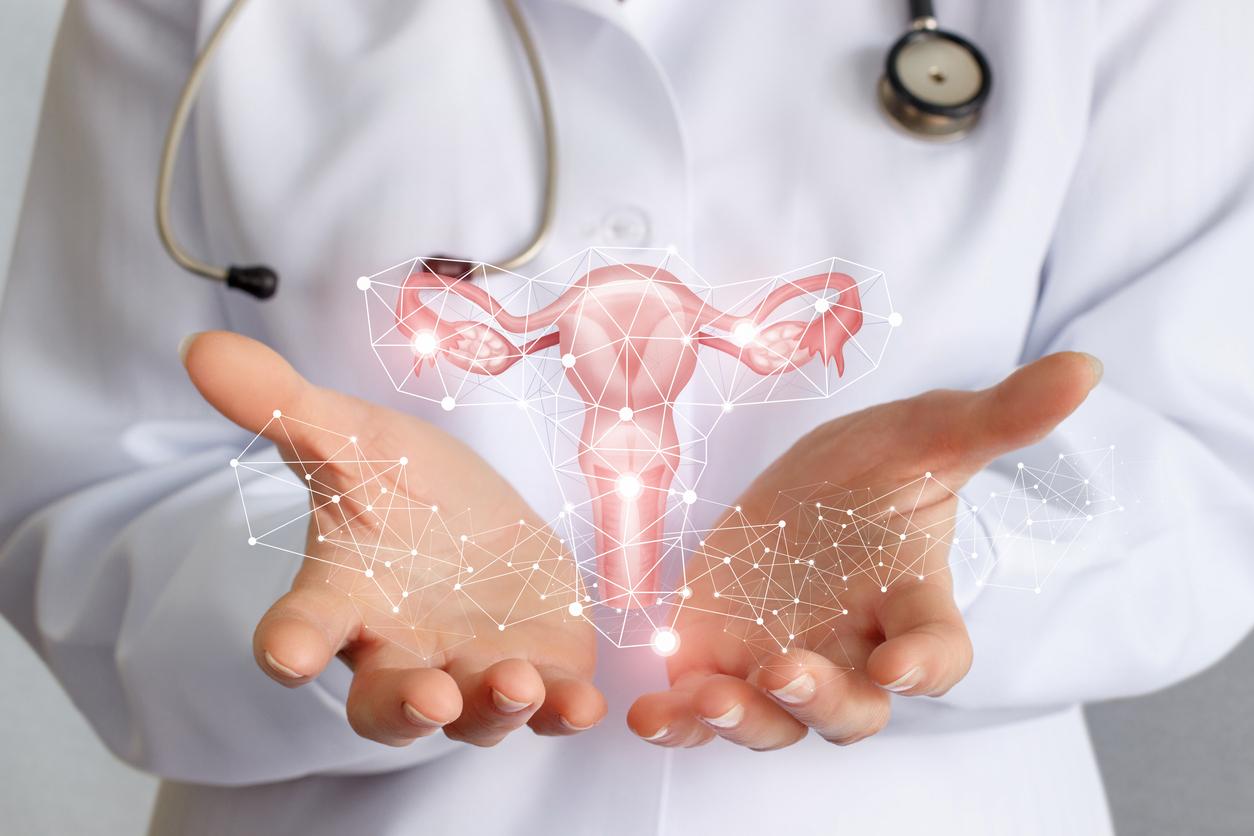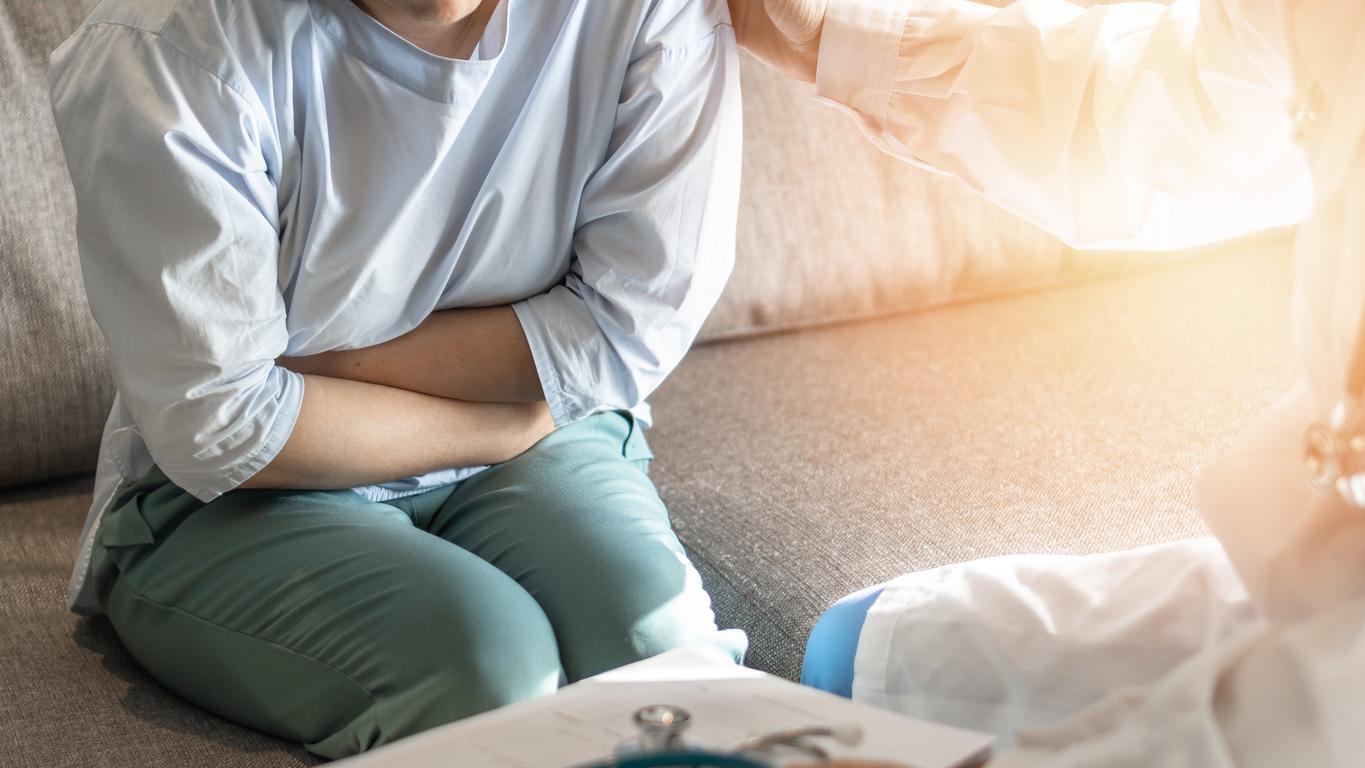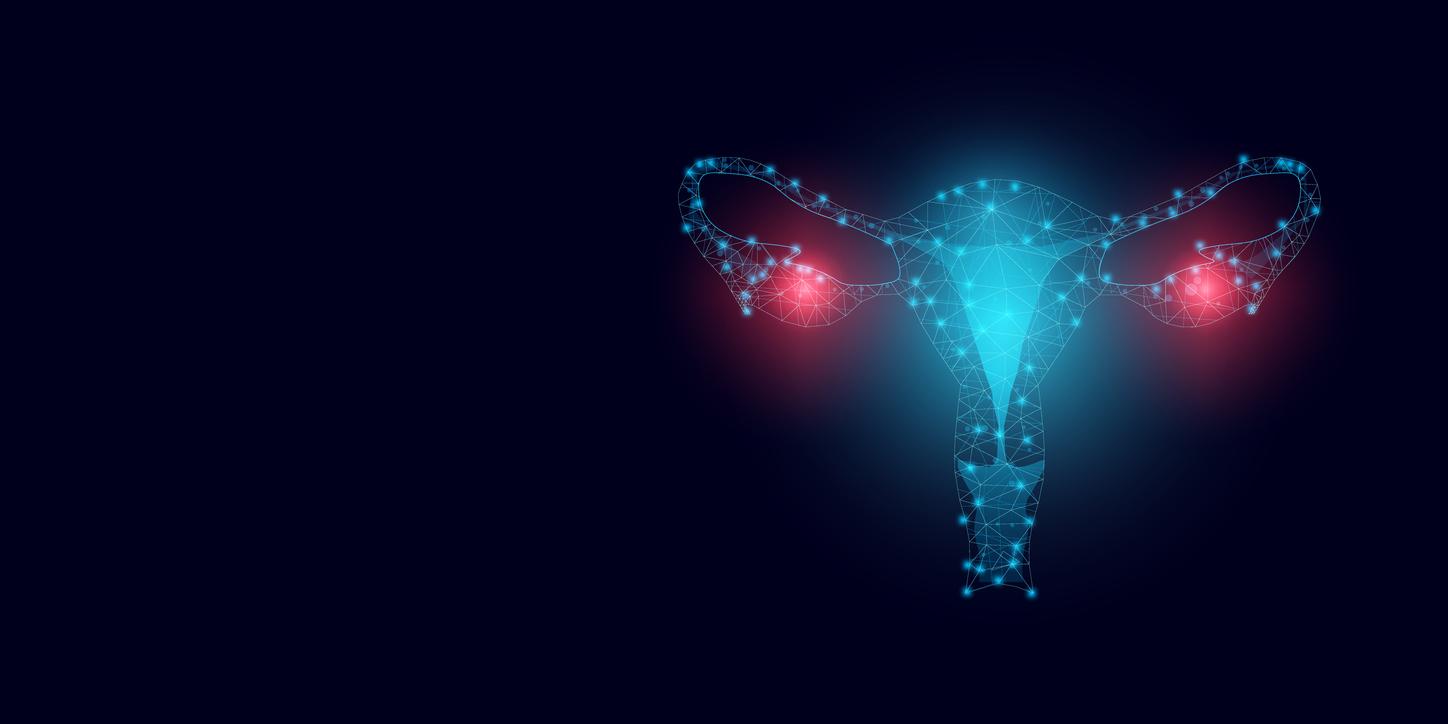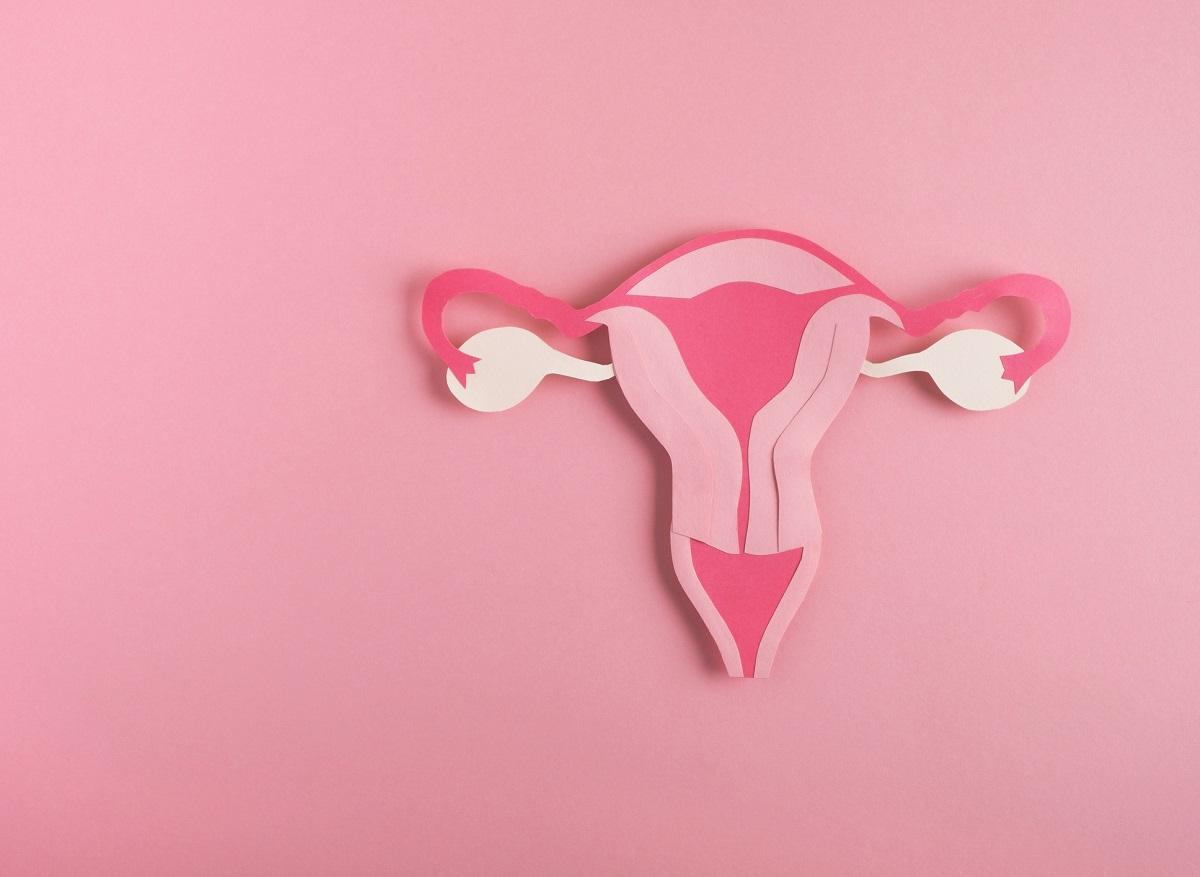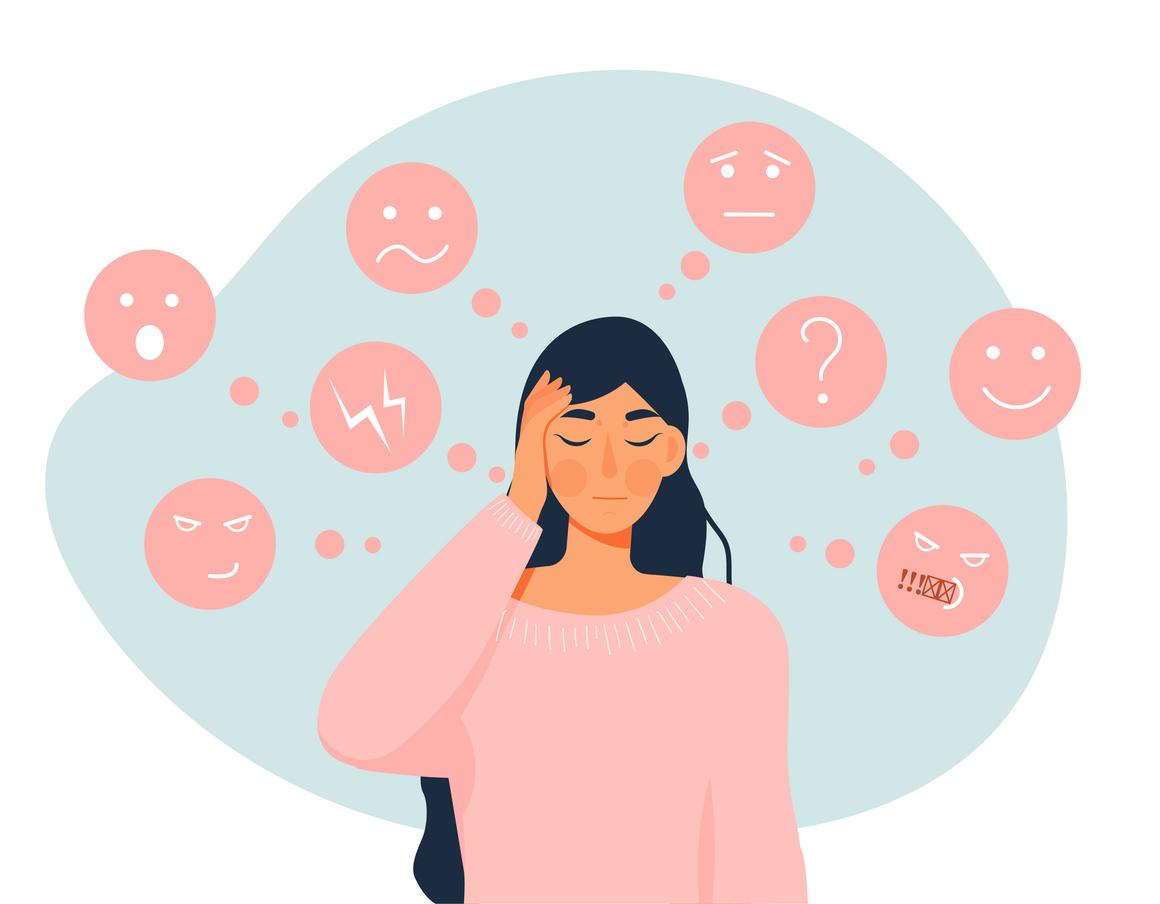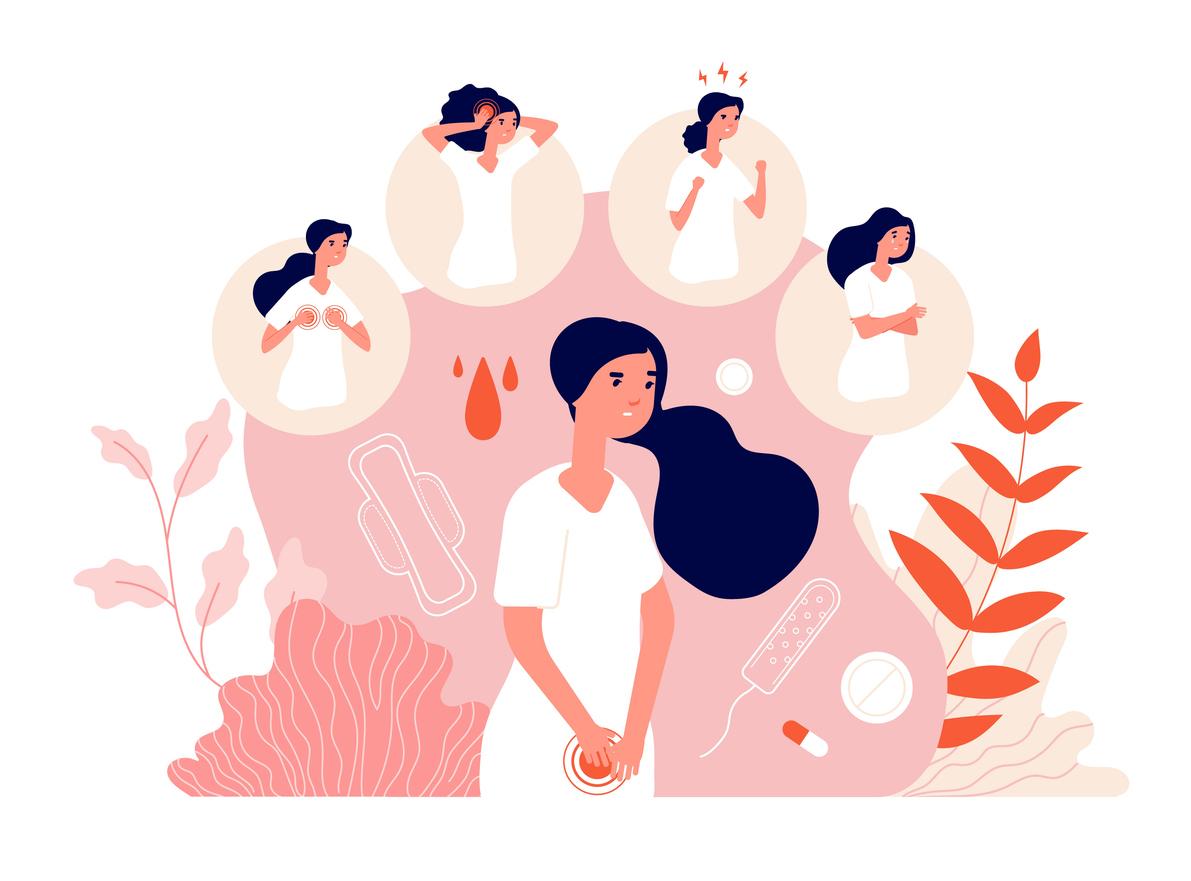Several health professionals wonder about the existence of a link between the health crisis and the changes identified in menstrual cycles in recent months. The opportunity to highlight premenstrual syndrome, a disorder still too little known but whose symptoms sometimes handicap the lives of women who suffer from it. The point with the sex therapist Alexia Bacouël, who gives us the keys to best live this time of the month. His code of conduct ? Listen to each other.

– Why doctor: What is premenstrual syndrome?
Alexia Bacouel: This corresponds to recurring symptoms that occur a week before the period and tend to subside when it arrives. It is listed by the DSM-5, the American Psychiatric Association manual that classifies all mental disorders. When the symptoms are severe enough to prevent their social and professional life from being “functional”We are talking about premenstrual dysphoric disorder. In any case, it is not because we are affected today that we will necessarily be tomorrow, and vice versa. It is very variable.
– What are his symptoms?
The list is long ! Premenstrual syndrome can manifest as emotional lability, irritability accompanied by anger, a very marked depressed mood, a feeling of despair, self-deprecation, anxiety, nervousness… We can also experience difficulty concentrating, a certain lethargy, fatigue, overeating, hypersomnia or insomnia, feeling more overwhelmed than usual, or feeling like you are losing control. Often during these periods, interest in usual activities such as work, school, and hobbies decreases.
As a result, one can feel much less efficient, less productive. There are also slightly more physical symptoms, such as breast swelling, joint or muscle pain, and a feeling of swelling. Women even gain weight: it is a real disturbance. Some are in such a state that they find it difficult to get out of bed. In this case, when the disorder persists and it really alters the quality of life, it must be noted by a psychiatrist.
– Is it possible to suffer from premenstrual syndrome without knowing it?
Absolutely, I see it with my patients: three quarters of them do not know that their symptoms are due to premenstrual syndrome. Given that we find ourselves in a society where we are much more in our head than our body, they do not necessarily make the connection. When you put your finger on it, they apprehend their cycle differently, the following months. It’s very interesting, as if it were a way of reconnecting with oneself to better manage this situation. More broadly, it is reassuring, even guilt-free, to understand why we put ourselves in states as violent as those that can induce the disorder.
This amounts to saying: “You are not aggressive for nothing, it is explained by the physiology of your body”. Being able to put words on what we are going through is precious. As such, the Instagram account @spmtamere collects and publishes testimonials from women who experience premenstrual syndrome with difficulty.
– Why is he so misunderstood?
I think that the weight of received ideas about women’s periods comes into play: it has always been said that they are execrable during their periods, by generalizing, and without trying to understand their physiology. Their bodies have often been silenced, denied, in medicine. We see it at other levels. For example, many drugs have side effects in women because they have not been studied with their biology in mind.
– How to best live with premenstrual syndrome?
Unfortunately, apart from acting symptom by symptom, there is no lasting medicine. At first, the best thing to do is to talk to your gynecologist about it, while dispelling the received idea that it is normal to suffer when you have your period or are about to have it. If the disorders manifest themselves too violently, one can also consult a psychiatrist to be prescribed anxiolytics or antidepressants at certain times, if he deems it necessary. Nevertheless, it is above all a work of acceptance that will make it possible to be less in the pain linked to the fight against what is happening in us. This seems like the most viable solution to me.
By being alert, listening to yourself, reconnecting to your body, it is possible to act. One watchword: have fun. This can mean taking time for yourself, taking hot baths to relieve certain symptoms, sleeping a little more, drinking more herbal teas to eliminate swelling, or even walking for the sole purpose of doing yourself good. Meditation and yoga can also help, as can alternative medicine. I am also thinking of energy massages, as well as the swimming pool, which can soothe by providing a feeling of weightlessness. In general, sport can deliver certain hormones that rebalance the chemistry a little bit. We can never say it enough: the key is to take care of yourself.
.








